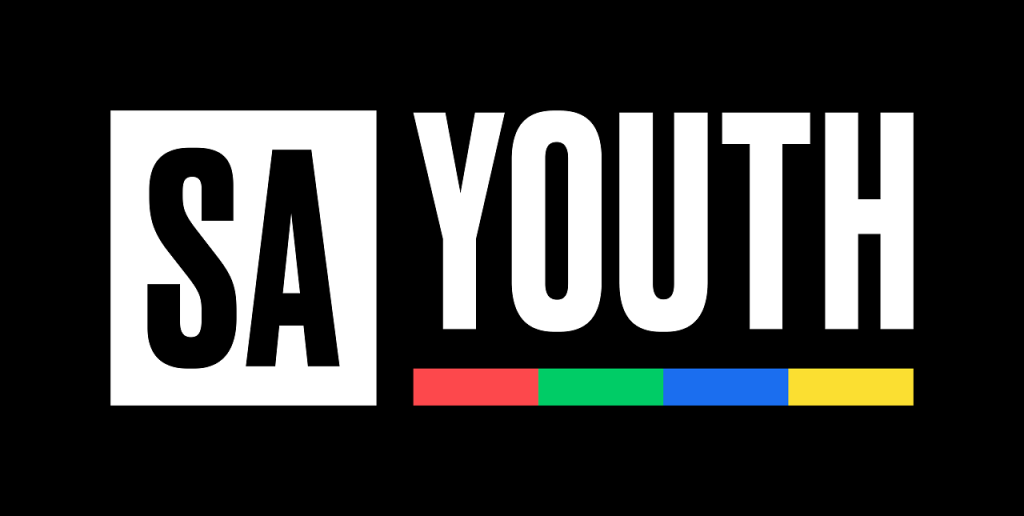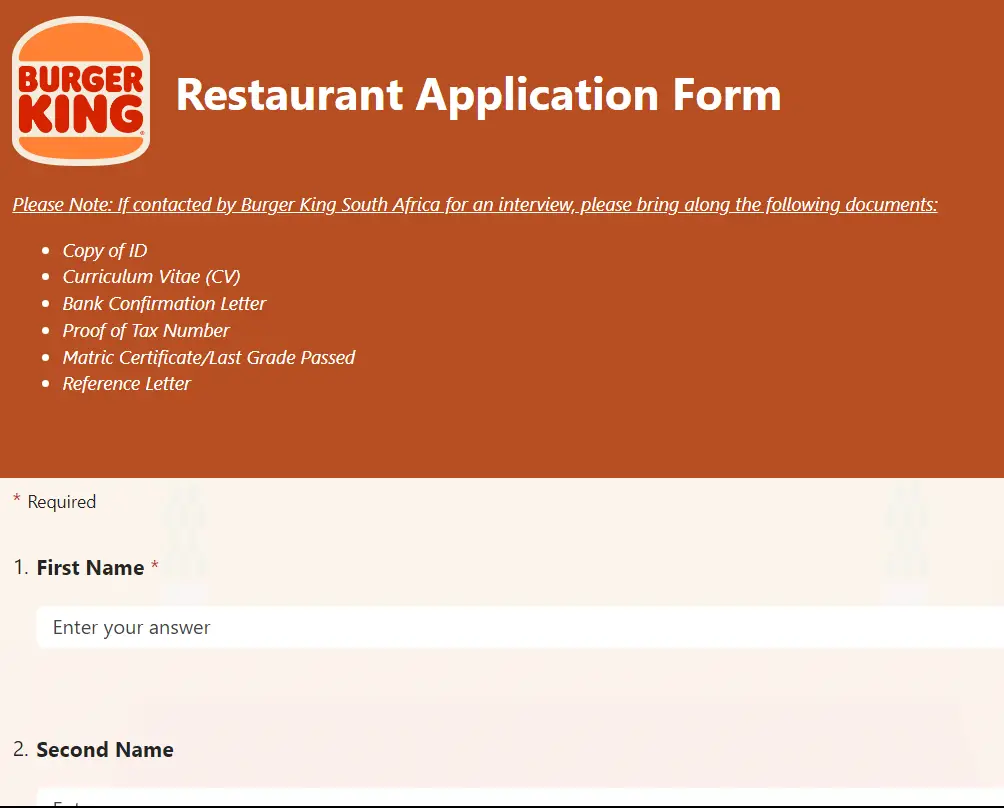
Here are 20 commonly asked interview questions and model answers for the Basic Education Employment Initiative (BEEI) Phase V. These questions include detailed explanations and relevant examples to help you prepare effectively.
GENERAL QUESTIONS
- Tell us about yourself.
Answer:
I am a motivated and hardworking individual who is passionate about education and community development. I completed my matric in [Year] and have since been seeking opportunities to grow professionally while making a difference. I’m particularly excited about the BEEI initiative because it allows youth like me to contribute meaningfully to schools while gaining valuable experience.
Tip: Keep it brief and focus on your background, skills, and interest in the BEEI program.
- Why are you interested in the BEEI Phase V opportunity?
Answer:
I am interested because it offers a chance to develop work experience in an educational setting, which aligns with my goal of building a career in youth development. I’m also passionate about helping learners succeed, especially those from disadvantaged backgrounds.
Example: “Growing up, I had teachers who encouraged me, and I want to be that person for someone else.”
- What do you know about the Basic Education Employment Initiative?
Answer:
The BEEI is a government program aimed at reducing youth unemployment by placing young people in schools to assist with teaching, administration, and general support roles. It started in 2020 as part of the Presidential Employment Stimulus.
Tip: Show that you’ve done research and understand the program’s goals.
- What are your strengths?
Answer:
One of my strengths is adaptability—I can work well in different environments and learn quickly. I’m also reliable and always willing to help where needed, whether it’s assisting teachers or supporting learners.
Example: “In high school, I often helped classmates understand homework, which improved my leadership and communication.”
- What are your weaknesses?
Answer:
I sometimes struggle with public speaking, but I’ve been working on it by volunteering at my local community center, where I help run group activities.
Tip: Always mention how you’re improving on your weakness.
ROLE-SPECIFIC QUESTIONS
- What role are you applying for: Education Assistant or General School Assistant? Why?
Answer:
I’m applying for the Education Assistant role because I enjoy working with children and want to support them academically. I believe I can help learners understand their schoolwork better and improve their performance.
Or if it’s General School Assistant: “I prefer the General School Assistant role because I am good at organizing and keeping things in order. I can assist with cleaning, preparing classrooms, and helping staff.”
- How would you handle a learner who is disruptive in class?
Answer:
First, I would remain calm and avoid shouting. I’d gently speak to the learner and try to understand why they’re acting out. If the behavior continues, I would report it to the teacher, as they are responsible for managing the class.
Tip: Show maturity and respect for school rules.
- How would you assist a learner struggling to read or write?
Answer:
I’d sit with the learner and go through the work slowly, using simple language. I might use pictures or games to make learning fun. I would also encourage the learner and praise their progress to build confidence.
Example: “When I helped my younger sibling read, I used flashcards, and that really helped.”
- Can you work with children with special needs?
Answer:
Yes, I am open and patient when working with all learners, including those with special needs. I understand that they need extra support, and I’m willing to learn how to assist them effectively.
Tip: Emphasize patience, empathy, and willingness to learn.
- How do you manage your time when given multiple tasks?
Answer:
I make a list of tasks, prioritize them by urgency, and complete them one by one. I also avoid distractions so I can focus better.
Example: “When I had school projects and home chores, I created a schedule to balance both.”
BEHAVIORAL QUESTIONS
- Describe a time when you worked in a team.
Answer:
In high school, I worked in a group project where we had to present a topic to the class. I took the lead in organizing our meetings and helped others prepare. We did well because we supported each other.
Tip: Use the STAR method (Situation, Task, Action, Result).
- How do you handle conflict with others?
Answer:
I try to stay calm, listen to the other person, and find a solution we can both agree on. If needed, I ask for help from someone in charge to mediate.
Example: “At a volunteer event, two team members disagreed. I helped by talking to both and suggesting we divide the tasks.”
- How would you describe your communication skills?
Answer:
I am a good listener and clear communicator. I always make sure people understand what I’m saying, and I ask questions if I don’t understand something.
Tip: Mention both speaking and listening skills.
- Tell us about a challenge you faced and how you overcame it.
Answer:
During lockdown, I had no access to online classes, so I used public library Wi-Fi to download materials and study. I stayed focused and passed my exams.
Tip: Show determination and problem-solving.
- What would you do if a learner comes to you with a personal problem?
Answer:
I would listen to them and comfort them, but I would also report it to a teacher or the school counselor because it’s important to follow school protocols.
Tip: Highlight confidentiality and responsibility.
MOTIVATION & ATTITUDE
- How do you handle criticism?
Answer:
I welcome constructive criticism because it helps me improve. I don’t take it personally; instead, I learn from it.
Example: “A teacher once corrected how I spoke to learners, and I improved based on their feedback.”
- What would you do if you finish your tasks early?
Answer:
I would ask if any teacher or staff member needs help. I believe in staying productive and being useful wherever possible.
Tip: Show initiative and teamwork.
- How would you contribute to the school environment?
Answer:
I would create a positive, respectful atmosphere by being punctual, helping others, and setting a good example for learners.
Tip: Align your values with education and community service.
- How do you deal with stress or pressure?
Answer:
I take deep breaths, stay organized, and focus on one thing at a time. If I’m overwhelmed, I ask for help instead of panicking.
Tip: Employers like candidates who stay calm and seek solutions.
- What are your future goals after this programme?
Answer:
I want to further my studies or find a permanent job where I can continue working with youth or in education. This opportunity will help me build the experience I need to achieve that.
Tip: Show that you see this as a stepping stone, not just a paycheck.








